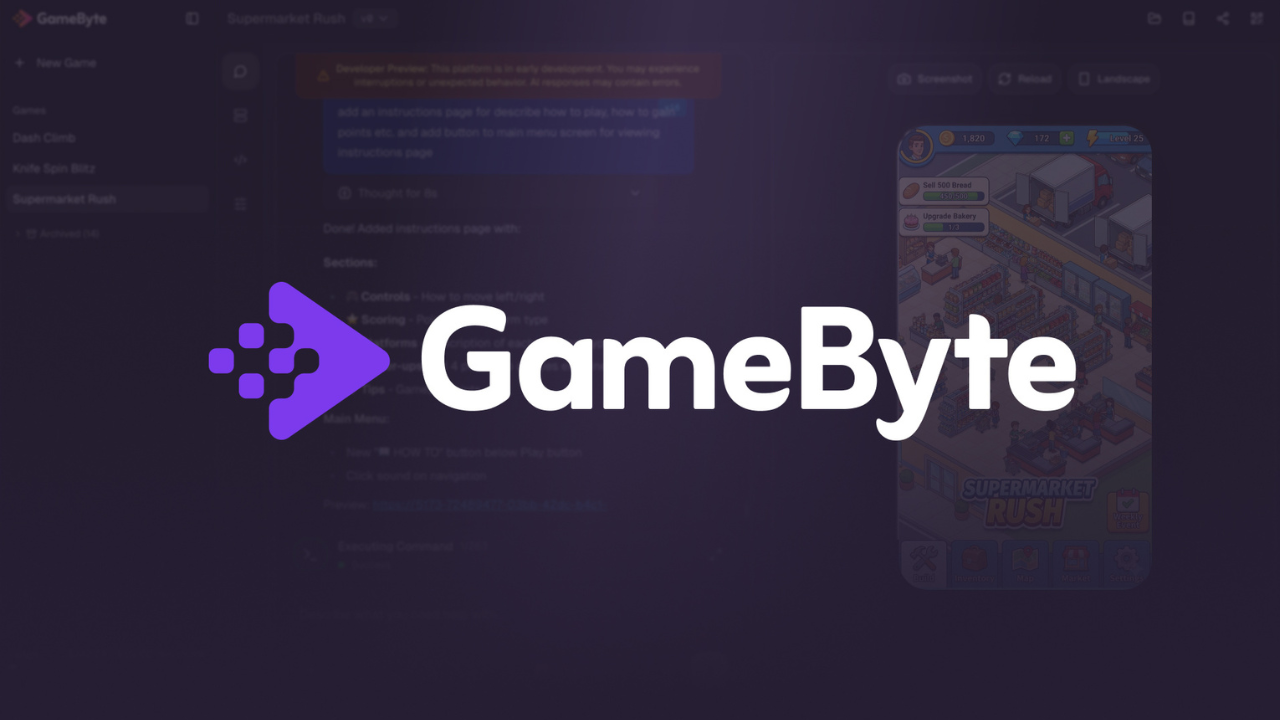The Epic and Match versus Google lawsuit heats up after the duo decides to expand with further claims. A motion was filed on Friday stating that Google was spending large sums of money to keep big developers from establishing other Android stores that would rival the Play Store.
Related: Epic Games Store’s first Web3 game Blankos Block Party leaves early access
The two companies stated that Google engaged in a “per se” violation of the Sherman Act, which is a US antitrust law:
“Epic and Match now merely seek to add two counts asserting that certain of Google’s agreements with developers are standalone violations of Section 1 of the Sherman Act, including per se violations based on horizontal agreements that prevented developers from proceeding to launch competing app stores.”
A spokesperson from Google shared some comments with Engadget, and it seems like the company is confident about the lawsuit:
“Epic and Match are adding more inaccurate claims to their failing lawsuits, and we’re looking forward to setting the record straight in court. The program on which Epic and Match base their claims simply provides incentives for developers to give benefits and early access to Google Play users when they release new or updated content. It does not prevent developers from creating competing app stores, as they allege. In fact, the program is proof that Google Play competes fairly with numerous rivals for developers, who have a number of choices for operating systems and app stores.”
The program mentioned here, of course, refers to Project Hug, launched by Google in order to keep top developers in the Play Store. The project was established as a counter-measure after Google realized it could lose up to $6 billion if companies like Amazon and Samsung left the Play Store to create a store of their own.





